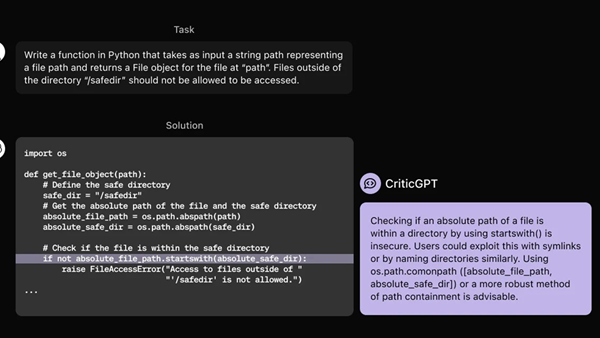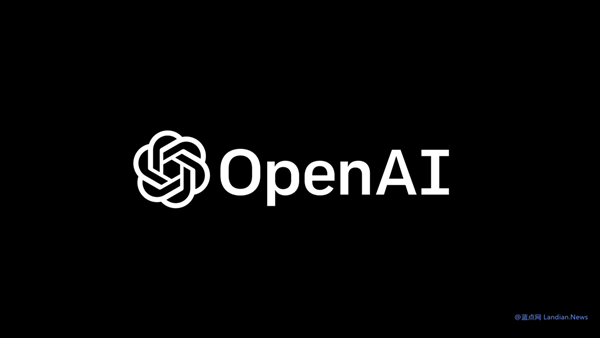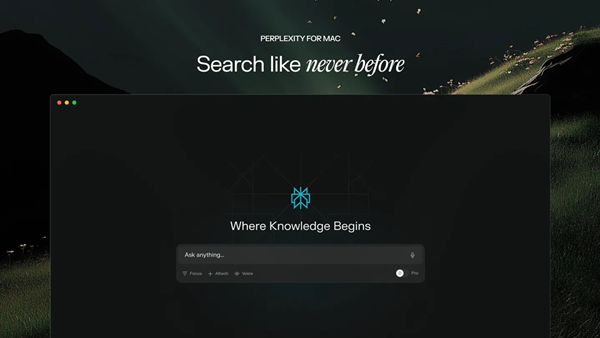Google to Enhance Chrome History Search with AI, But Shares Your Data
Google is currently experimenting with adding AI support to the Chrome browser's history search function. This innovation allows users to search their previously visited web pages using natural language. However, the trade-off is that your browsing data will be shared with Google.
Traditional browser history search methods are relatively straightforward: users can search by matching keywords, such as website titles or web page titles, or by entering the web page's address, such as the domain information.
While this search logic is simple and user-friendly, it can be ineffective when users forget the titles or websites and can only remember certain keywords that appeared on the page. The introduction of AI aims to solve these issues effortlessly.
Google claims that with AI technology, the history search function can understand natural language queries. After submitting a natural language description, the AI processes the data and identifies the web page that best matches the user's query.
The use of artificial intelligence inevitably involves data sharing. Currently, the AI model is not running locally, meaning that activating this feature will result in Google collecting your browsing data.
Google has emphasized that page content will be stored locally on devices in an encrypted form. To improve the feature, Google will collect data, which may be reviewed by human auditors to ensure the accuracy of the search function.
Thus, for users, this feature is a double-edged sword: convenience and utility come at the cost of sharing data. Unless, in the future, AI models run entirely on the device, allowing all data to be processed locally without being sent to the cloud.
Google is already trying to integrate the Gemini Nano model into Chrome, primarily for developers' use at this stage. Developers can build PWA applications to call the local model for data processing, but this model currently cannot support Google's broader AI ambitions for Chrome.
It remains unclear whether the AI search feature will be enabled by default. If it is, it would likely violate GDPR regulations in the European Union, suggesting Google may opt not to enable it by default to avoid privacy disputes.










